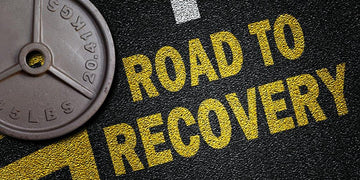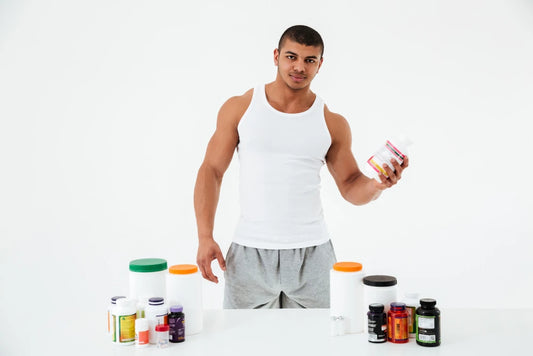

Dream of becoming a better Athlete? Sleep may help Boost Performance!
Table of Contents
Sleep Performance: Sleeping More Can Increase Performance by ~8%
Sleep is one of the most neglected aspects of health for most athletes. Athletes will not think twice about staying up a little later if they can get more things done. Not getting a good night’s sleep can not only affect performance but it can also impact your gains in the gym. Studies in volunteers who slept short versus long hours show that sleep reduction was accompanied by increased hunger, higher circulating concentrations of the appetite-stimulating hormone, ghrelin, and reduced levels of the anorexigenic hormone, leptin. To determine whether sleep restriction has a negative impact on the effects of a reduced-calorie diet on excess adiposity, researchers had subjects follow a similar diet but differed the duration of sleep. One group slept 8½ hours per night while the other group slept 5½ hours. Sleep curtailment decreased the fraction of weight loss of fat by 55% and increased the loss of fat-free body mass by 60%. In summary, dieting adults getting 5½ hours of sleep produced a catabolic state characterized by reduced loss of body fat and increased loss of fat-free body mass, accompanied by increased hunger and changes in energy expenditure and the neuroendocrine control of substrate utilization. The findings should make bodybuilders aware that cutting back on sleep while dieting can not only cause a catabolic state but can also hinder fat-loss gains.
Sleep Performance: In addition to decreasing muscle mass gains and increasing adipose tissue, the newest study suggests that sleep loss can reduce performance in the gym. For instance, a previous study reported an 11% reduction in time to exhaustion for prolonged uphill walking on a treadmill at 80% of VO2 max after sleep deprivation. Researchers wanted to find out if you had periods of excess sleep the week before the subjects were subjected to sleep restriction. Researcher had 12 healthy men participated in two experimental conditions:
– extended sleep (almost 10 hours of sleep) time in bed and
-habitual sleep (almost 8 hours of sleep in bed).
In each condition, subjects performed six nights of either extended sleep or regular sleep at home followed by an assessment of motor performance and neuromuscular function at baseline and after one night of total sleep deprivation, i.e. 34-37 h of continuous wakefulness. The researchers measured the maximal voluntary contractions of muscle fibers in both conditions. At the end of the study, the researchers found that after 10 hours of sleep, time to exhaustion was an average of 3.9% longer after six days of extended sleep compared to normal sleep. Extended sleep allowed subjects to perform about 8.1% better than normal sleepers after the night of no sleep. Six nights of more sleep improved motor performance in a sustained contraction independent of testing day. Sleep is considered a essential part of any athlete’s routine to improve performance, reduce bodyfat, and increase lean muscle mass.
Arnal PJ, Lapole T, Erblang M, Guillard M, Bourrilhon C, Leger D, Chennaoui M, Millet GY. Sleep Extension before Sleep Loss: Effects on Performance and Neuromuscular Function. Med Sci Sports Exerc. 2016 Mar 25.
Arnal PJ, Sauvet F, Leger D et al. Benefits of Sleep Extension on Sustained Attention and Sleep Pressure Before and During Total Sleep Deprivation and Recovery. Sleep. 2015;38(12):1935-43.
Kamdar BB, Kaplan KA, Kezirian EJ, Dement WC. The impact of extended sleep on daytime alertness, vigilance, and mood. Sleep Med. 2004;5(5):441-8.
Martin BJ. Effect of sleep deprivation on tolerance of prolonged exercise. Eur J Appl Physiol Occup Physiol. 1981;47(4):345-54.
Martin BJ, Bender PR, Chen H. Stress hormonal response to exercise after sleep loss. Eur J Appl Physiol Occup Physiol. 1986;55(2):210-4.
Martin BJ, Chen H. Sleep loss and the sympathoadrenal response to exercise. Med Sci Sports Exerc. 1984;16:56-9.
Martin BJ, Gaddis GM. Exercise after sleep deprivation. Med Sci Sports Exerc. 1981;13(4):220-3.
Oliver SJ, Costa RJ, Laing SJ, Bilzon JL, Walsh NP. One night of sleep deprivation decreases treadmill endurance performance. Eur J Appl Physiol. 2009;107(2):155-61.

















